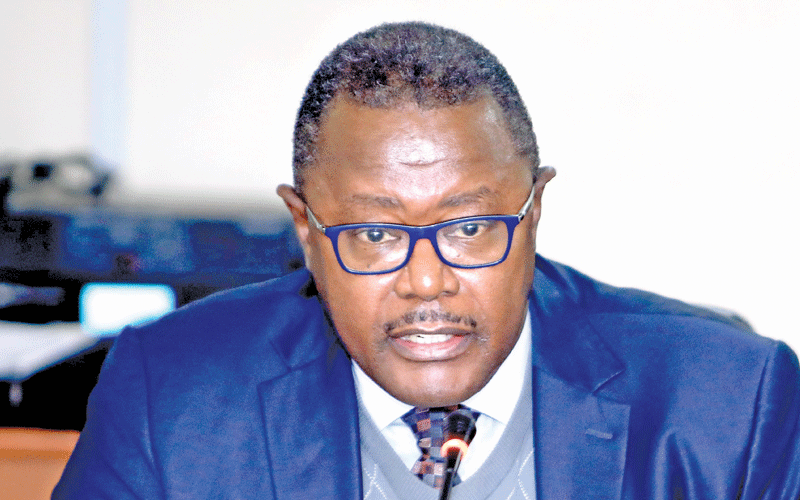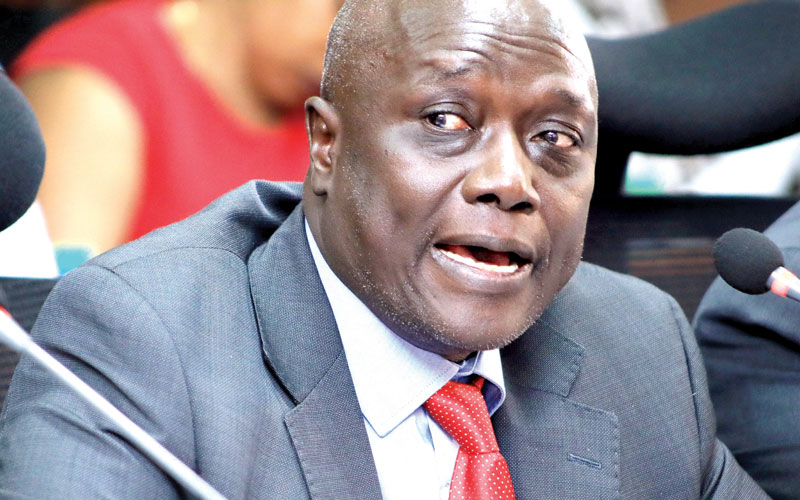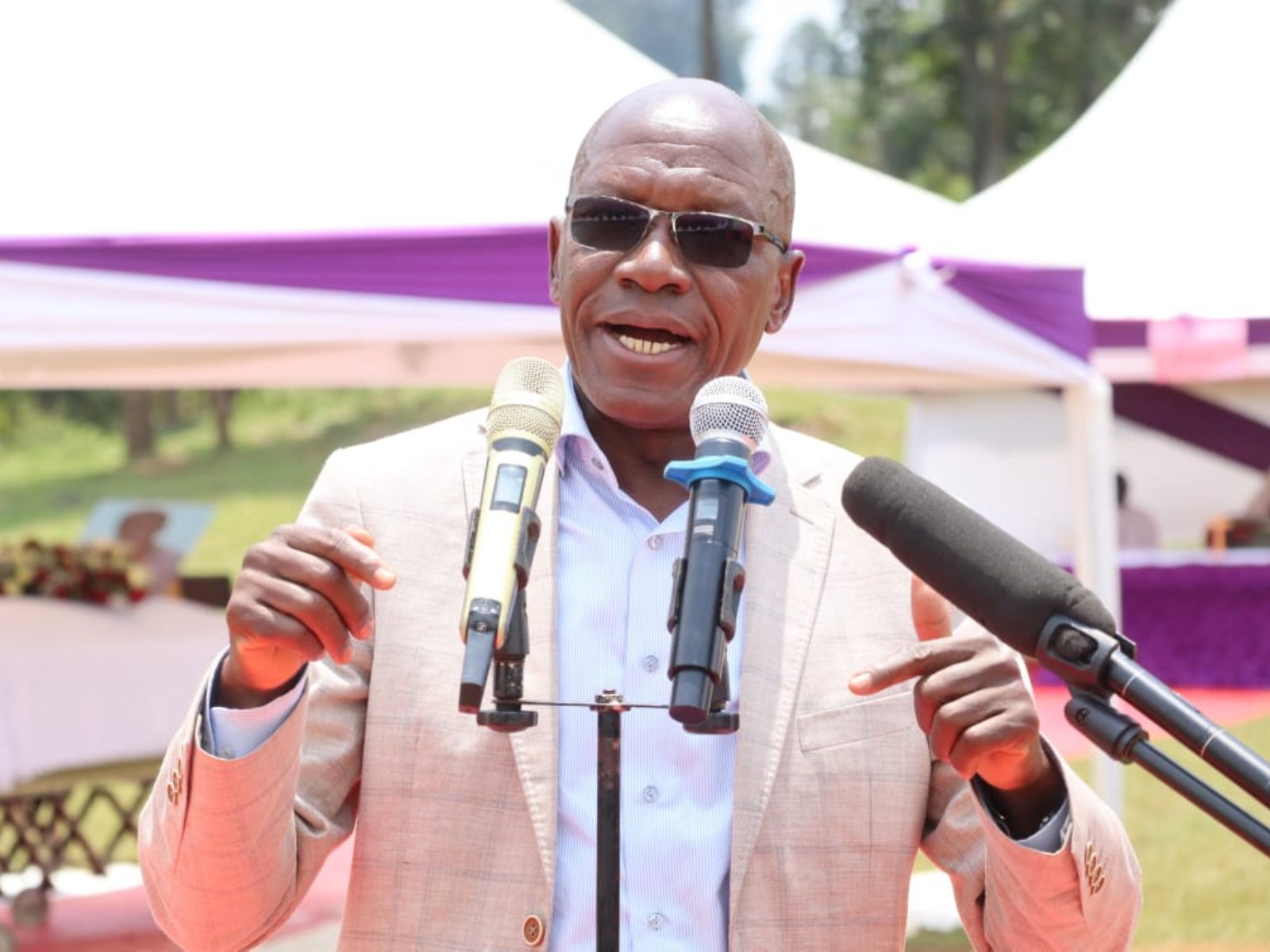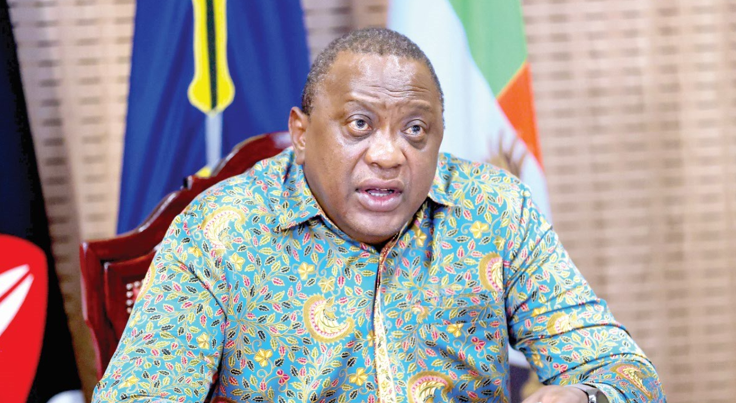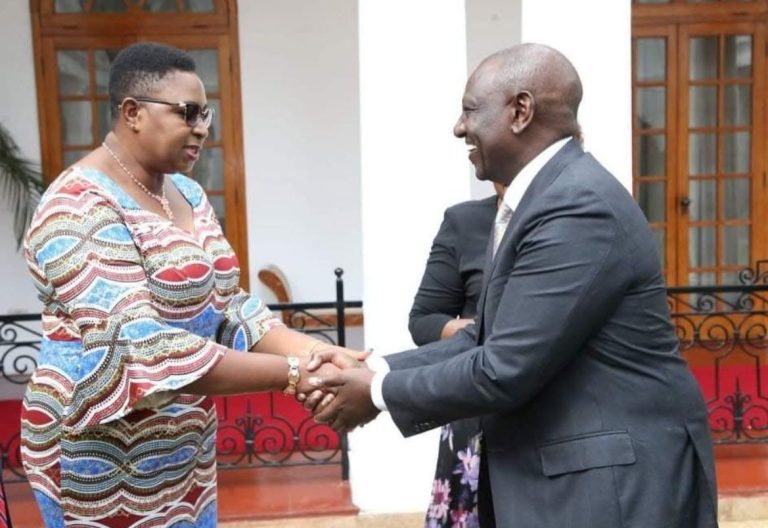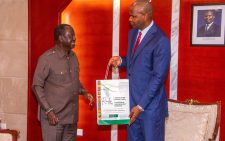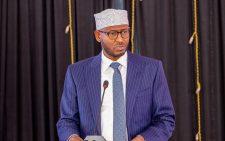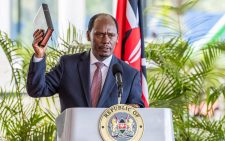Audit firm denies advising ministry to lease Sh63b medical equipment
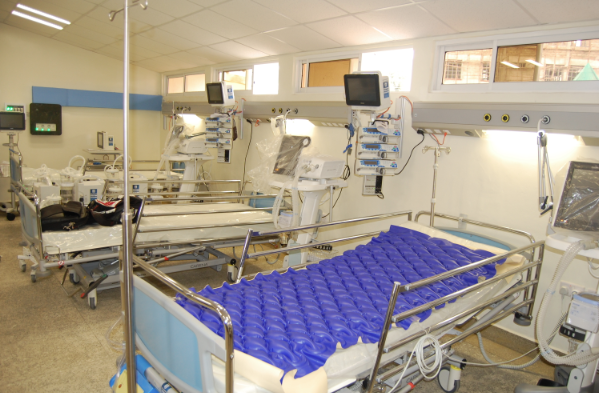
PKF Kenya, an audit firm at the centre of the controversial Sh63 billion Managed Equipment Services (MES) programme, has denied advising the Ministry of Health to abandon Public Private Partnership (PPP) in favor of the exorbitant leasing agreement.
Although, PKF is the consultant that conducted a financial analysis to justify the choice of MES over direct purchase, it claims, they were only brought on board to advice on financing of the project.
In a special audit, former Auditor General Edward Ouko had indicated that the ministry officials gave up on the initial Public-Private Partnership (PPP), which was the established form of financing medical projects and adopted a public procurement arrangement after persuasion by PKF.
According to the auditors, this was contrary to the Health Sector Policy of 2014 that only provides for the PPP model as the only acceptable form of financing health projects.
“The MES concept paper indicated that MES was supposed to be implemented through long-term lease assessment for medical equipment in accordance with the PPP Act 2013 on the Build-Lease and Transfer model,” the audit report read in part.
“The urgency cited as a basis of using direct procurement could not be justified since procurement of legal services would have been foreseen at project initiation level and planned for adequately to allow for a competitive process,” the audit report conducted in 2015-16 financial year adds.
The report further cast doubt on why the ministry used a restricted tender for financial and legal consultancy services.
PKF was paid Sh9.6 million to conduct a financial analysis to justify transactions made under MES.
While a law firm M/S Iseme, Kamau and Maema Advocates gobbled Sh56 million for legal services.
Appearing before the Senate ad-hoc committee investigating the contentious programme, PFK Kenya Managing Director David Kabeberi denied swaying Ministry’s decision to lease the equipment.
“We were not consultants at that stage. We did not advise the government to acquire the equipment via MES,” Kabeberi told the Isiolo Senator Fatuma Dullo-led committee.
“In fact, they were midway through the evaluation. So it is not us who advised the government to get into MES. Our roles were very specific,” he added.
According to the MD, the Ministry under the stewardship of Cabinet Secretary James Macharia and his Principal Secretary Nicholas Muraguri had had reached an advance stage on procurement of equipment when they were brought on board.
In addition, PKF Kenya’s advice was not sought when the ministry varied the contract some of the programme from the initial Sh38 billion to Sh63 billion.
Kabeberi, however, did reveal to the committee the specific roles the firm was contracted to perform as he was cut short by the Senator Dullo, who maintained that he meeting could not continue as other directors of the company were absent.
According to list of shareholders tabled in the committee, PKF has 18 directors (shareholders).
The committee ruled that at least half of the shareholders should appear before it in a couple of days to set the record straight.
“It is important we hold our meeting when all of them are there so that everybody is able to defend themselves. If we listen to one person, the information that we will get will be inadequate,” Nyandarua Senator Mwangi Githiomi advised.
PKF is the consultant that conducted a financial analysis to justify the choice of MES over direct purchase.
In addition, PKF, alongside, M/S Iseme, Kamau and Muema Advocates (IKM) – legal consultant was procured by the Ministry through restricted tendering at Sh68.6 million.
The audit was done following an order by the National Assembly’s Public Accounts Committee.
